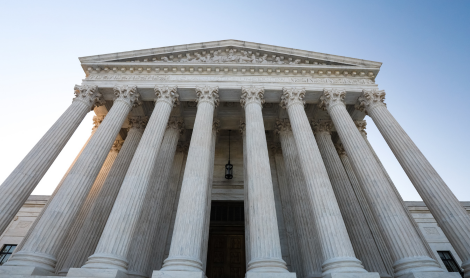NACSA has submitted two innovative and exciting session proposals for The SXSW EDU 2023 Conference (March 6-9); now we need your help.
The South by Southwest (SXSW) EDU Conference brings together the learner, the practitioner, the entrepreneur, and the visionary to share their groundbreaking stories, tackle complex issues, and build reimagined paths forward in education, with the belief that education has the power to inspire, elevate, and change the future.
SXSW is hosting Community Voting; an opportunity for you to browse proposals, leave comments, and vote on sessions to help share the 2023 EDU Conference. Help NACSA give a voice to communities, authorizers, students, and schools by voting for our session proposals.
CAST YOUR VOTE TODAY
Create a PanelPicker account, which is quick, easy, and free, to vote for NACSA’s session proposals. Voting is open August 9 – 21.
CENTERING COMMUNITIES THROUGH SCHOOL DESIGN
All communities have great ideas about, and untapped talents for achieving, their kids’ educational aspirations. The challenge for education leaders is harnessing and investing in those community assets to create the innovative, community-centered schools that families are rightly demanding. NACSA president and CEO, Karega Rausch, and BES CEO, Aasimah Navlakhi, will discuss how stakeholders and policymakers can drive educational innovation through understanding and channeling community.
VOTE NOW
AUTHORIZING: A RADICAL IDEA 30 YEARS OUT
Thirty years ago, a radical idea took root that you’ve likely given little thought. While charter schools have transformed the education landscape, the underlying idea is even more revolutionary. Authorizing, the principle of autonomy over operations in exchange for accountability for outcomes, is a powerful lever for driving educational innovation while protecting the public interest. Curtis Valentine, co-director of the Progressive Policy Institute’s Reinventing America’s Schools Project and podcast host, will sit down with President and CEO of NACSA, Karega Rausch, to dive deep into the principles of authorizing and what it can say for education at large.
VOTE NOW


